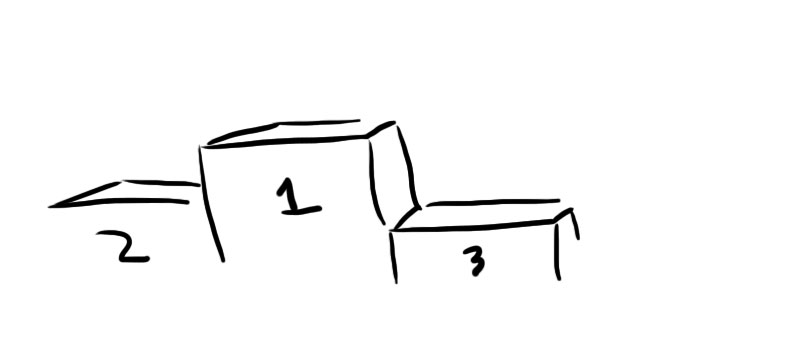They won Great Britain's first Gold of the 2012 Summer Olympics. What's remarkable is that Helen Glover, a teacher, only started rowing four years ago.
That was shocking to me. Seriously? It only take four years to reach Olympic Gold caliber in rowing? Compare this to the 16 year olds who have been training for 12 years in gymnastics. The disparity was almost depressing. And, at the same time, encouraging. There are skills and opportunities at all stages of life. We don't have to "give up" if we're too old for one thing or not yet old enough for another.
This theme echoed in the provocatively titled blog post why there are no child prodigies in literature, history, or philosophy. While we often recognize the prodigies of Mozart, Bobby Fischer, and Blaise Pascal, I admit that nothing came to mind when I thought of famous child authors. Practice is almost always important, but some skills require "matured" mental processing.
Perhaps these gaps exist to subtly remind us to be humble and build one another up with our strengths. The body metaphor comes to mind and seems to extend beyond our members into the realm of development and decay.
This opportunity for collaboration is one of the many things I like about homeschooling. We, as parents, don't have to merely lecture our children in an attempt to impart knowledge. And we, as kids, don't have to sit quietly and regurgitate the data dumped on us. Instead, we can give and take, discuss and question, and rejoice in the joy of learning together.
And in that way, homeschooling lets us all win, whether we just started or have been doing this for years.
~Luke Holzmann
Filmmaker, Writer, Empty Nester






Great point, Mrs. C. I was thinking about how much Michael Phelps ate every day, and there are mega bucks behind just that <smile>. And, yes, it's also much of how much time you devote to something (a la Gladwell's Outliers).
What am I doing with my talents? That is a good question. In my personal case, aside from doing cool stuff here at Sonlight, I also run my media blog and have created my free film school. I don't play chess well. Gave up after my little brother started beating me every single time <smile>.
~Luke
HmmMMMmmm. Ok. I'll bite. Maybe many of these "prodigies" actually are actually developing unevenly as they hone their talents in only one area. For example, Bobby Fischer had some um, social skills difficulties, didn't care for reading/school so very much, and had some interesting political perspectives.
It often takes money and extreme parenting to raise a good prodigy. What comes to mind is one particularly talented child who is my son Emperor's age. He's talented, and I honest to gracious think he was born with mega-talent. BUT. He also gets lessons from a grandmaster ($$) every week. His father flies this child all over the country and even internationally to compete. He practices. He was just Kansas State Champion last month. At 11. (I just love this kid and his whole family, btw. Fellow homeschoolers!)
At big tournaments we also see folks who do almost nothing but practice all the time (adults and children). Racist or not, one can't help but noting many of these people are Indian (as in, ethnically from India) and of Chinese descent. Their culture values education, particularly on the maths side. I don't know how that correlates with chess but it just plain and simple does. Engineering students tend to show up at the club too. (Why engineering, particularly?)
But overall I think one thing to remember as you're looking at these prodigies is that analogy of the talents in the Bible. What are you doing with the talents God gave YOU? :)